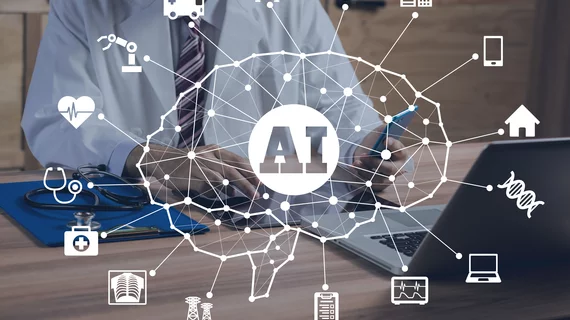American Board of Radiology will use AI to monitor test takers during new remote exams
The American Board of Radiology plans to use artificial intelligence to help monitor test takers during upcoming remote exams, the doc certification group announced on Thursday.
ABR said its currently working with remote proctoring service Proctorio in preparation for testing slated to begin in February. The Tucson, Arizona-based nonprofit said AI will help determine which oral and computer-based exams to review more closely.
“The ABR respects candidates and knows they are overwhelmingly honest and professional. We all want a secure and meaningful exam,” the board said in an update shared Dec. 17. “ABR feedback will be focused on preventing potential issues, not implementing punitive measure.”
Only American Board of Radiology staff will be able to review room scans, webcam video and microphone audio, and Proctorio will never receive test takers’ personal information. If any “questionable behavior is detected,” ABR said leadership will take a closer look before contacting candidates. Its primary goal is preventing participants from “unknowingly violating exam security rules,” according to the update.
“If there is an obviously harmless infraction (like kids running into the room during an exam), don’t expect feedback from the ABR. We will not contact a candidate unless it is absolutely necessary,” the board said.
The American Board of Radiology also released new guidelines around remote test taking earlier this month.

